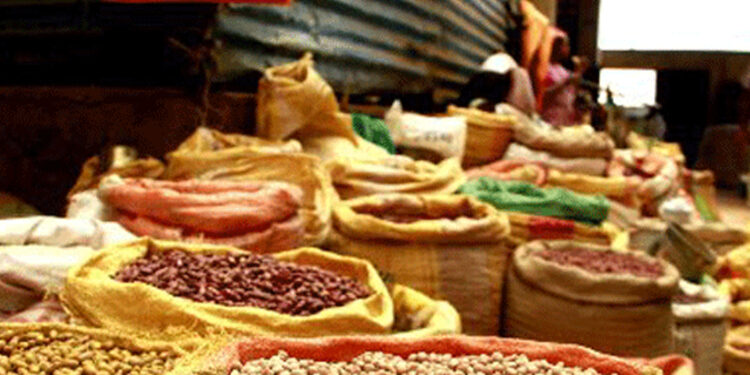In a significant policy overhaul, the Ethiopian government has implemented reforms that will result in extensive changes to longstanding investment regulations, permitting foreign involvement in key economic sectors such as export, import, wholesale, and retail trade.
This shift marks the end of an era where these sectors were exclusively reserved for domestic entities. A new directive issued by the Ethiopian Investment Board allows foreign investment in exporting various crops like coffee, oilseeds, pulses, and hides and skins, as well as importing all goods except fertilizer and petroleum. Wholesale and retail sectors will now be open to foreign investors.
However, under the new regulation, there are specific requirements to obtain investment permits, which will take effect upon publication on the websites of the Ministry of Justice and the Commission. For instance, investors in coffee exports must have a procurement history of $10 million annually and commit to exporting $10 million annually for the last three consecutive years, while oilseeds require a yearly investment of $5 million.
Even lesser-known crops like pulses and hides have minimum annual investment thresholds of $1 million and $500,000, respectively, with no experience threshold for the livestock sector. Foreign companies without prior dealings in Ethiopia face even higher entry barriers, requiring $12.5 million in coffee orders or $7.5 million for oilseeds.
Foreign investors can engage in wholesale trade across all sectors reserved for domestic investors under the directive. However, they must commit to constructing modern marketing infrastructure and providing efficient logistics services to facilitate wholesale operations.
Similarly, foreign investors can participate in retail trade investments, previously reserved for domestic investors, under the directive. Analysts suggest that these stringent criteria aim to attract only the largest trading and supermarket groups globally, with proven financial stability, rather than small or medium investors.
This move reflects Ethiopia’s ambition to significantly increase major exports and modernize downstream sectors through substantial foreign capital injection and expertise. While critics argue that local businesses may struggle to compete against well-funded multinational chains, authorities maintain that limited prior liberalization failed to achieve objectives and that competition is necessary for efficiency gains.
Prime Minister Abiy Ahmed (PhD) recently expressed his intention to open up the retail sector and allow foreigners to purchase residential properties during a meeting with investors at his office. He believes that this will attract more foreign direct investment, crucial for Ethiopia’s development goals.
File Credit: Daniel Dinku
Source: Birrmetrics





















